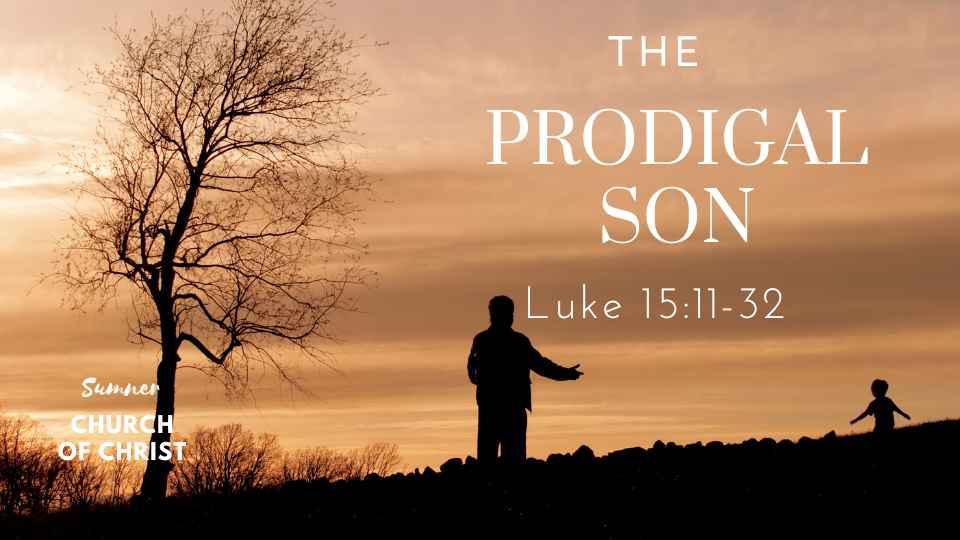The Prodigal Son (Luke 15:11–32)
A certain man had two sons. One day, the younger approached him and said, “Father, give me my share of the inheritance.”
The father, heart heavy, divided his estate.
The younger son gathered his riches and set off to a distant land. There, he lived wildly — feasts, drink, reckless joy. But soon, the money was gone. Famine came. Friends vanished.
He found work feeding pigs — unclean animals for a Jew — and longed to eat their scraps.
One night, sitting in the mud, he looked inward. “Even my father’s servants have food,” he thought. “I will go back. Not as a son, but as a servant.”
He returned, rehearsing his apology.
But while he was still far off, the father saw him — and ran.
He embraced the boy, wept, clothed him in robes, placed a ring on his finger.
The son said, “I am not worthy.”
The father replied, “You were lost and are found. You were dead and are alive.”
Commentary:
This parable is a profound symbol of awakening — not through perfection, but through return. The younger son represents our own drifting away from the inner truth. His ‘coming to himself’ is the moment of self-realization.
Psychological Reflection:
This story mirrors the journey of individuation. We leave the house of the soul to taste life, make mistakes, fall. The ‘mud’ is essential — it breaks illusion. But awakening begins when we remember who we are beneath shame.
The father’s embrace symbolizes radical self-acceptance.
Closing Reflection:
- Where have I wandered from my inner truth?
- What would it mean to return — not with guilt, but with trust?
Pause & Reflect:
🎧 (10 seconds of silence)

Leave a Reply